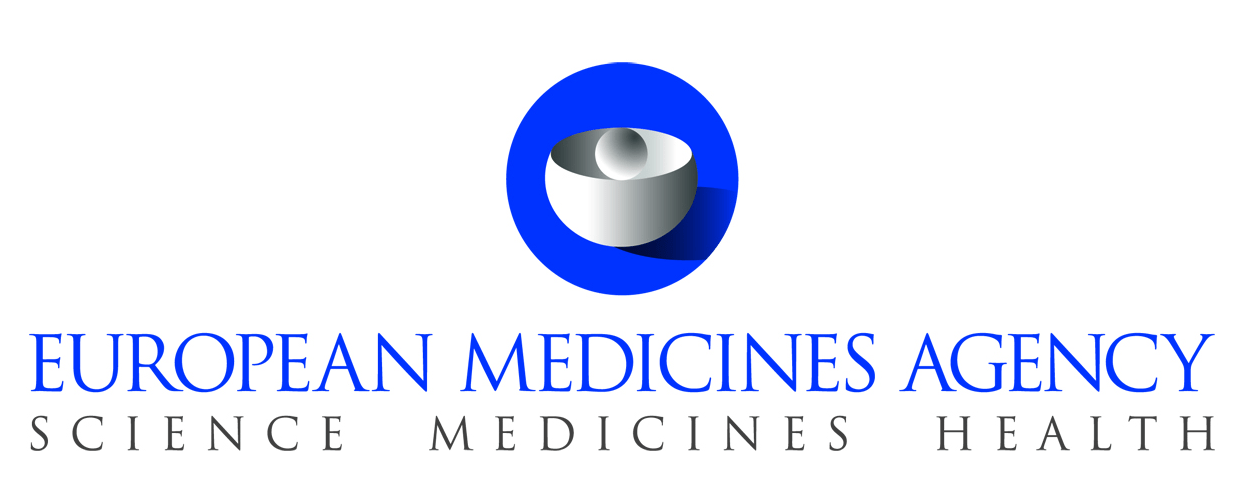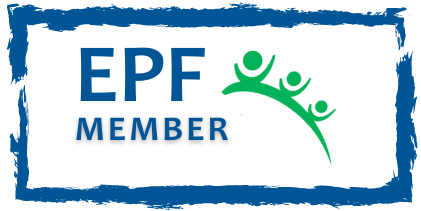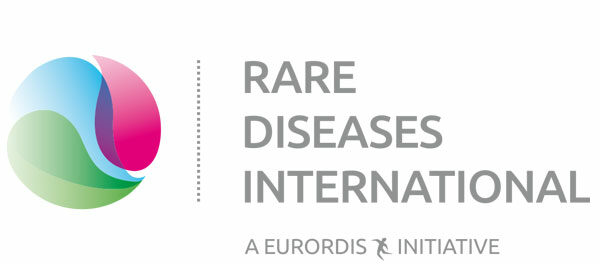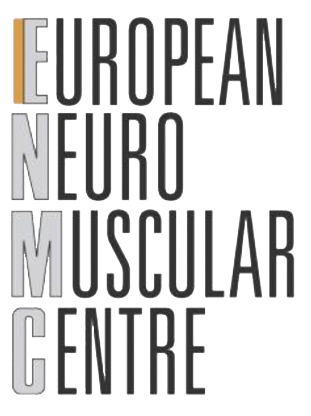#apaperaday: Facilitating More Efficient Negotiations for Innovative Therapies
In today’s #apaperaday, Prof. Aartsma-Rus reads and comments on the paper titled: Facilitating More Efficient Negotiations for Innovative Therapies: A Value-Based Negotiation Framework
Today’s pick is about access and reimbursement of innovative therapies by Whittal in the international journal of technology assessment in health care. Not my usual cup of tea but an interesting read doi 10.1017/s0266462322000095
Recently, a number of gene, cell & RNA therapies have been approved for treatment of cancer and rare diseases. These innovative therapies pose a challenge on the healthcare reimbursement (payer) system as it is not fit for purpose (expensive treatments with long term uncertainty).
After marketing authorization in Europe, marketing occurs country by country. For this type of treatments, negotiations with payers take longer and thus it takes longer before patients have access – or patients do not have access when the treatment is not marketed in a country.
The challenge is that regulators look at benefit/risk ratios, while payers also look at ‘value’ – is the cost of the treatment worth it. This is very challenging and difficult as it is hard to put a monetary value on function and quality of life.
Furthermore, for innovative treatments the long term risks and efficacy data are often lacking in a given disease (sometimes they are the first approved treatment for a disease). Combined with innovative meaning expensive research & development & manufacturing –> expensive drugs.
Authors introduce the concept of managed entry agreements as arrangements between manufacturers and payers. E.g. When long term efficacy data is lacking for a gene therapy, an outcome based payment scheme can be agreed on: X% at start and then y% after 5 years etc.
There is no structural framework for these negotiations. Authors here did a literature review and also discussed with experts. They identify that an early dialogue is important to allow different parties to understand each other’s position.
Furthermore, risks observed should be better communicated and prioritized, to allow better negotiations. These dialogues should involve multiple stakeholders – including the patients. Authors suggest a stepwise approach to improve matters.

From the outside looking in: one of the challenges is that regulators based benefit/risk and drug approval sometimes on other outcomes than the payers. This means that data payers would like to see is lacking after drug approval.
This is why an early dialogue with the payers already during the regulatory process is important – the manufacturers then can collect data relevant for the payers as well. This is e.g. done in the PRIME scheme of the EMA.
Of course if these innovative drugs were very cheap, everything would be much easier and the long term uncertainty less of an issue. However, they are expensive to develop and the payers have a fixed budget and expensive drugs have an impact on that.
I am always in favor of dialogues and learning about the perspectives and views of different stakeholders. It is sad that drug access can take a long time for approved drugs – especially for rare diseases with unmet medical need. This needs to be improved.
It is good that these dialogues are ongoing internationally. Hopefully things will improve and speed up. Many rare diseases are progressive and once functions are lost they are irreversibly lost. To have that happen during negotiations for drug access must be heartbreaking…

![Facilitating [corrected] More Efficient Negotiations for Innovative Therapies- A Value-Based Negotiation Framework](https://www.worldduchenne.org/wp-content/uploads/facilitating-corrected-more-efficient-negotiations-for-innovative-therapies-a-value-based-negotiation-framework--e1657620223968.jpeg)





